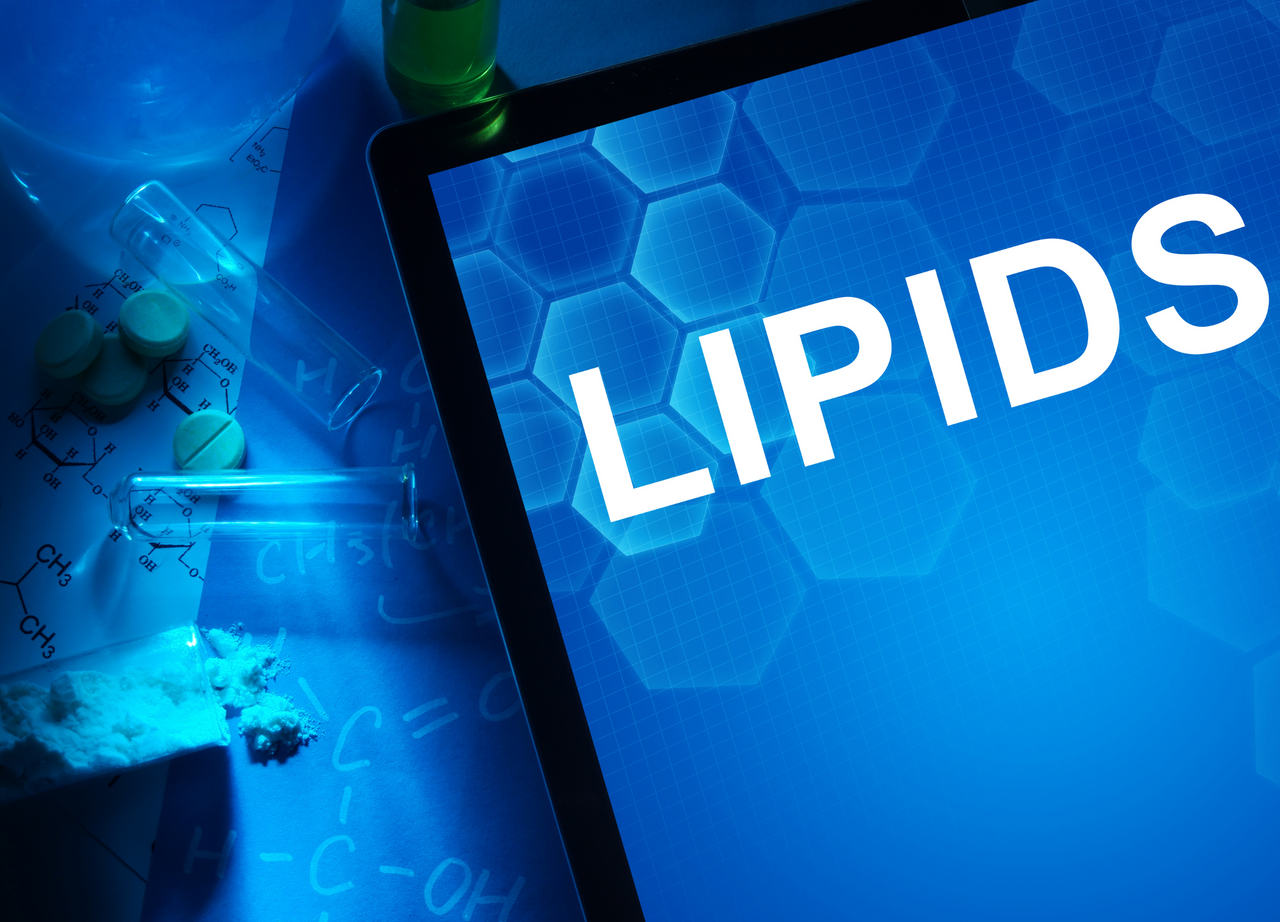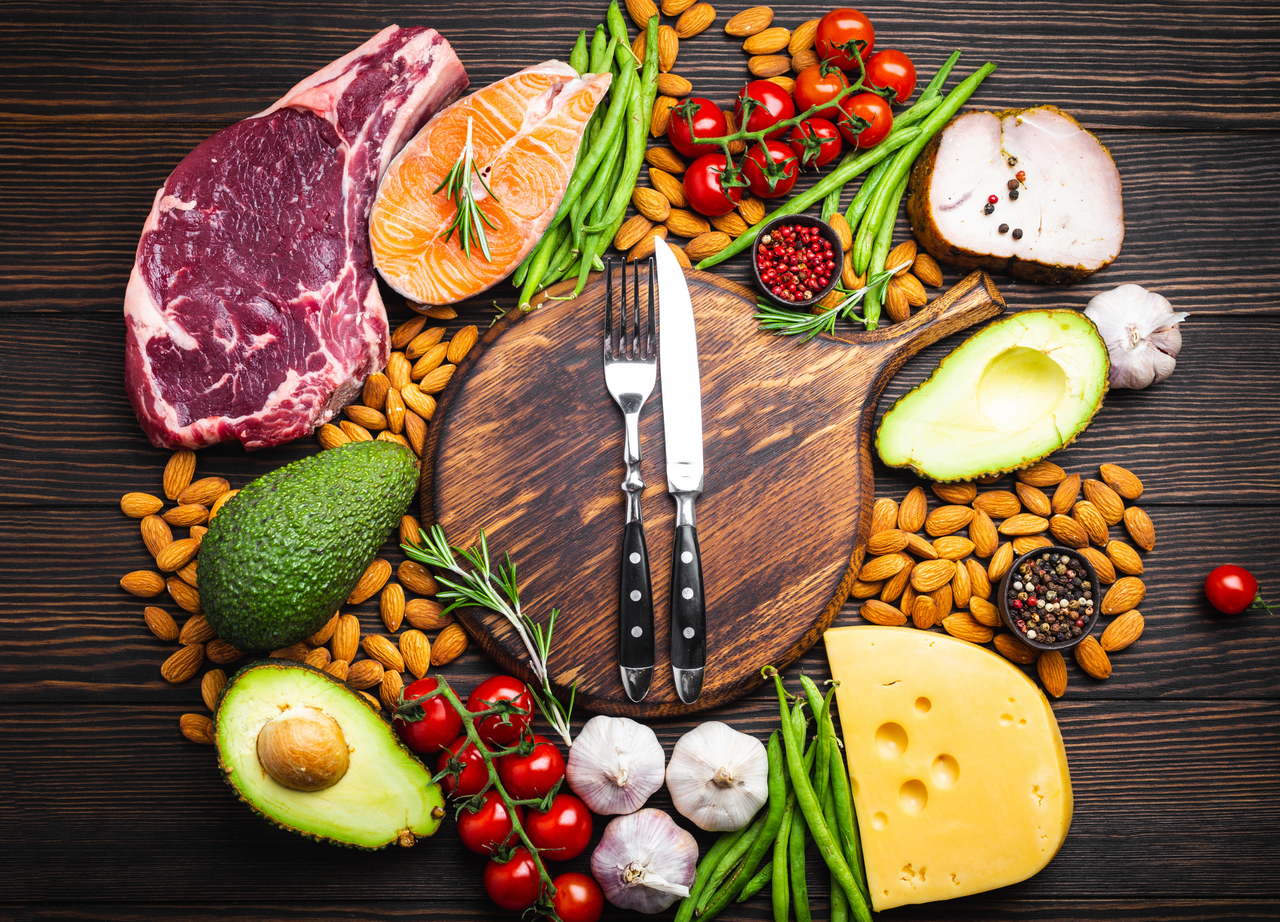When it comes to diet, some of the most common concerns revolve around weight loss, health and fitness. What seems to go unnoticed is the fact that food has a much larger affect on our bodies, as it can also affect our brain, the way we think and the way we feel. Diet can even have an affect on mental health, causing a rise in stress, anxiety and depression levels. We sat down with Dr. Uma Naidoo, MD, Harvard-trained Nutritional Psychiatrist, professional chef, nutrition specialist and National best-selling author of “This Is Your Brain On Food” to discuss the relationship between diet and mental health and her tips on how to reduce stress levels to create a healthy lifestyle to glow!
1. How is the gut related to mental and emotional health/well being?
The gut/brain connection has shown us that the gut is super influential on our mental and emotional health. The gut contains approximately 40 trillion microorganisms and is the largest endocrine organ in the body. By communicating to the brain via the Vagus nerve, regulating hormones, and influencing inflammation, the gut can impact mental health. Before we were even born, our gut and brain developed from the same cells, and they remain connected throughout our lifespan by the vagus nerve. This connection transports information from the hundreds of millions of nerve endings in the gut directly to the brain, and vice versa. Having a healthy gut is associated with having positive mental health and emotional well being, while having an unhealthy gut is associated with having poorer mental health and emotional well being.
2. How does diet affect mental health? Can a balanced diet help prevent psychological and health issues?
For mental health, it’s as simple as this; a healthy gut leads to a happy mood, and what’s good for your health is good for your brain! Food influences your brain directly and indirectly. When food is broken down by the microbiota into fermented and digested materials, its components directly influence serotonin, dopamine, and GABA, which travel through the brain and change the way you think and feel. Diet affects mental health largely through these microbiota and their actions. Our food choices have a big impact on the bacteria that live in our guts, which affects their overall health and influence on our mental health. It is important to eat a diet diverse in nutritious, whole fiber rich foods, such as vegetables, fruits, legumes, whole grains, nuts, seeds, clean protein sources, and healthy fats for a healthy microbiome and optimal mental health.
While this kind of diet has been shown to be supportive of both physical and mental health, it is important to see a doctor if issues do arise.
3. How do foods rich in nutrients, fiber, protein and healthy fats reduce stress levels and improve mood?
Our gut actually contains more than 90% of the receptors for the neurotransmitter serotonin, which is the hormone responsible for mood, happiness and feelings of well being. When we eat nutritious, fiber rich plant foods, proteins and healthy fats, we are creating a healthy microbiome which conveys positive messages to these receptors, increasing serotonin levels and influencing an improved mood and reduced stress.
4. What type of foods should one avoid eating when stressed?
If feeling stressed, I encourage individuals to avoid foods high in added /refined sugars and artificial sweeteners processed meats and processed packaged foods, sugary beverages, processed vegetable oils and foods with a high glycemic index such as white rice or white bread.
5. What effect do these foods have on the body?
Low nutrient highly processed foods and meats may often be high in nitrates and chemical additives which create inflammation in both our body and brain. Inflammation in the brain is a common culprit of poor mental health symptoms like anxiety. Meanwhile, the blood sugar spikes that come from eating refined sugars and sodas can lead to mood swings and fatigue.
6. How do foods rich in omega-3s help to reduce stress?
Omega-3 fatty acids are incredibly antiinflammatory which essentially helps the brain ‘calm down’. In doing so, they can relieve symptoms of stress. Great mood boosting sources of omega-3’s are wild caught fatty fish like salmon, sardines and mackerel, seeds like chia, hemp, flax and walnuts.
7. What type of foods should one eat to help reduce anxiety?
To reduce anxiety I always suggest increasing your dietary fiber by eating whole foods and making sure to eat omega-3’s, fermented foods, vitamin D and magnesium. This can be done by eating plenty of leafy greens, cruciferous vegetables, berries, legumes, whole grains, nuts, seeds, seafood, berries, sauerkraut, kimchi and plain unsweetened grass milk yogurt.
8. How does turmeric help reduce anxiety?
Turmeric is one of my favorite mood boosting spices! It’s active ingredient, curcumin, has incredible anti-inflammatory and antioxidant effects which promote neurotrophic activities and help resist toxic damage. Its anti-inflammatory properties and ability to support such healthy brain function have shown effectiveness in reducing symptoms of anxiety. I like to always remind people to include a pinch of black pepper when cooking with turmeric to activate the brain-boosting curcumin. You can add turmeric to salad dressings, tea or soups/stews for a powerful mood-boost!
9. What vitamins or supplements do you recommend to take on a daily basis to promote a healthy gut and immune system?
There is no supplement that will replace a well balanced healthy diet. As a Nutritional Psychiatrist I strongly suggest my patients get their nutrients and vitamins from a varied diet rich in whole colorful foods. When it comes to the essential nutrients our bodies need to thrive and survive, it's really hard to beat what nature provides. It’s also important to note the uniqueness of each body so it’s important to ask your primary doctor and check your nutrient levels before adding new supplements to your diet. However given that our food and lifestyles are not perfect, you may need to speak to your doctor about supplements. For mental health, the most common supplements I recommend are Vitamin D, Vitamin B12 (for vegans and vegetarians), magnesium and Omega-3 fatty acids.
10. What are the benefits to eating a ‘colorful plate’ of fruits and vegetables?
When we eat a colorful plate of fruits and vegetables we can ensure that we are getting a wide variety of foods and nutrients. Our microbiota thrives off of this diversity and such eating patterns are consistent with having a gut full of healthy bacteria. Since a healthy microbiome is associated with positive mental health, a diet full of colorful plant foods is great for its mood boosting effects. I think it's fun to turn it into a little game, how many colors can you eat in a day and in a week? Challenge yourself and your friends to eat the rainbow!
11. What tips and/or lifestyle changes would you recommend to help reduce stress/anxiety levels to create a healthier lifestyle?
In making healthier food choices, I encourage people to do so mindfully. Really listen to your body and acknowledge how foods make you feel and stick with those that make you feel good! Along the same lines as mindful eating, morning meditation and reflective journaling are proven to help us better connect with our thoughts and feelings and have been shown to help reduce anxiety and stress throughout the day. I also love the mood boosting benefits of endorphins that we get from regular exercise or movement. Walking in nature is especially calming which can improve mental health. And finally, two things that most of us don't get enough of - water and sleep! Drinking enough water throughout the day keeps our bodies and brain hydrated, which is so important for keeping our minds healthy and sharp, while getting a sufficient amount of quality sleep each night allows our brains the time to recharge so that they can function positively and optimally throughout the day.
To learn more about Dr. Uma, be sure to check out her website or grab a copy of her book, "This Is Your Brain On Food."





